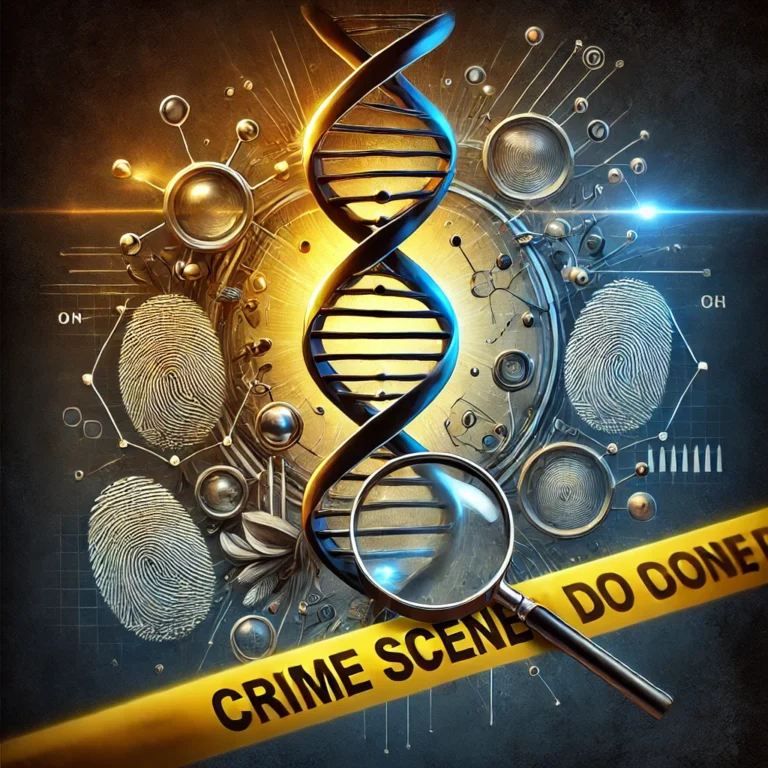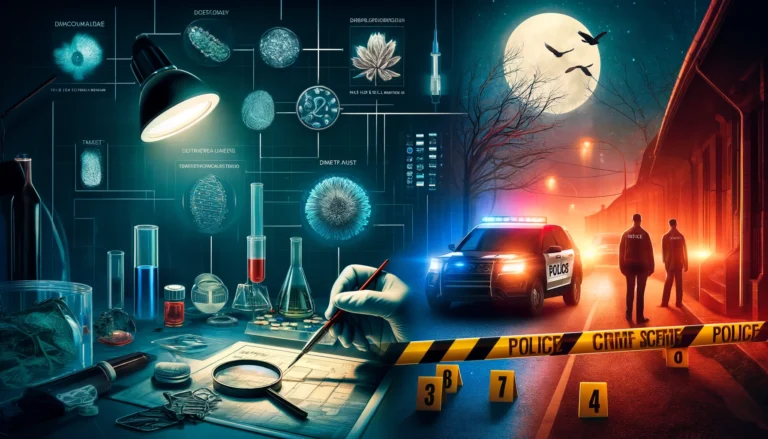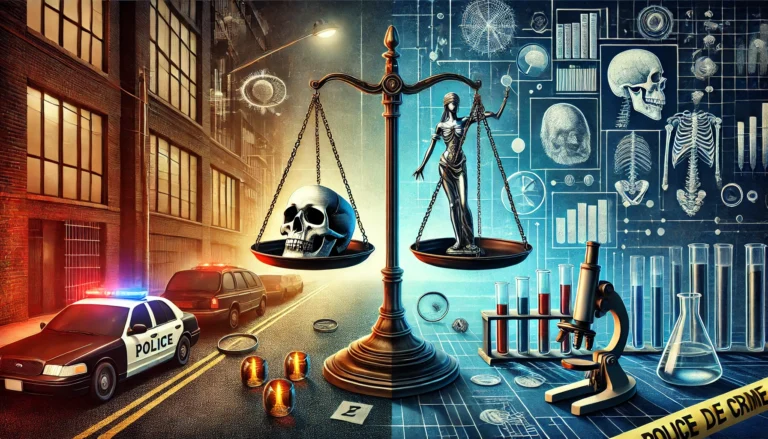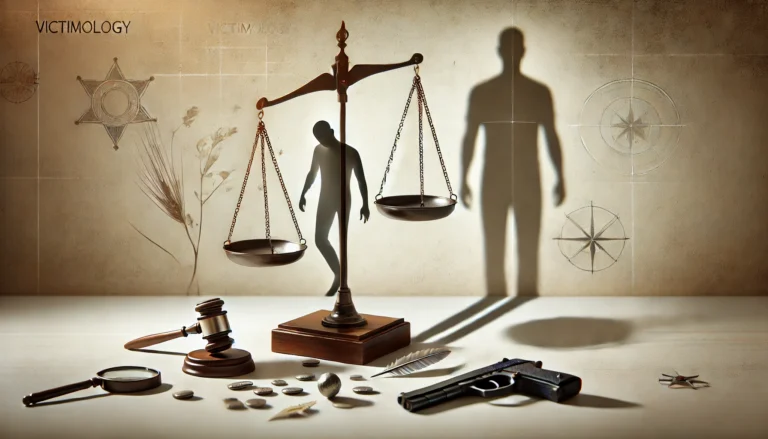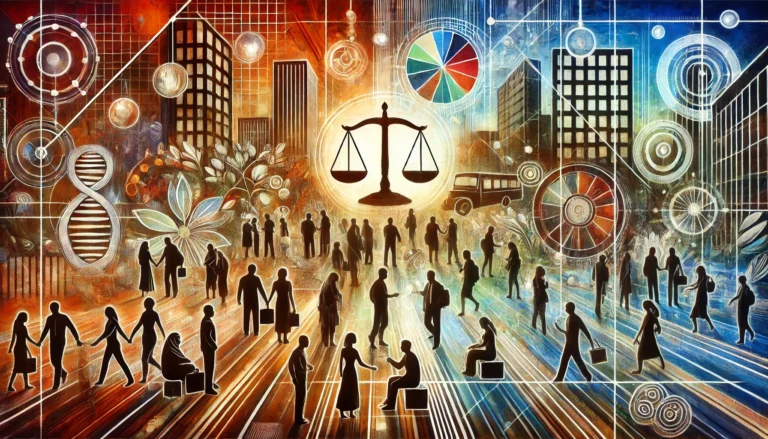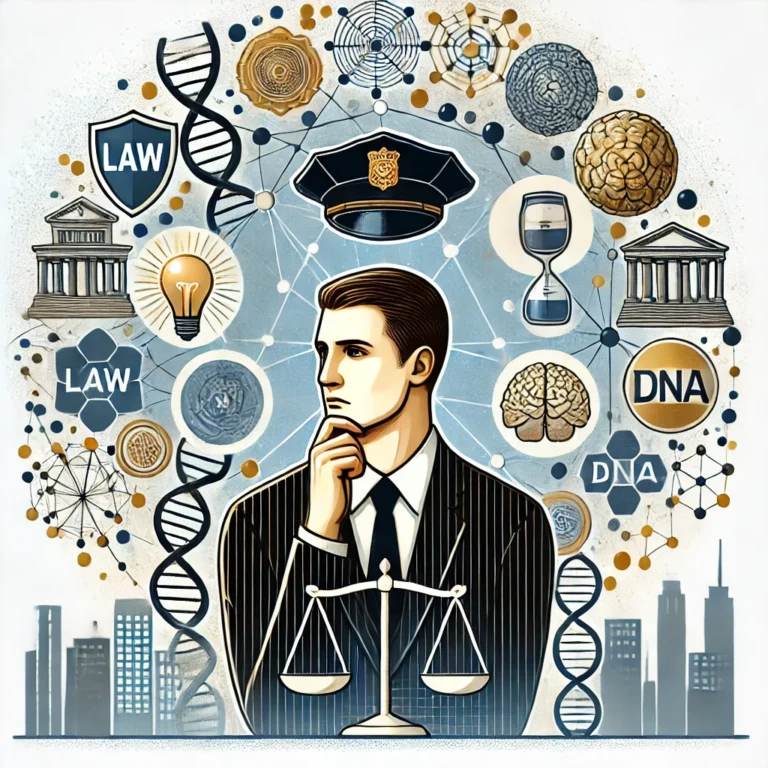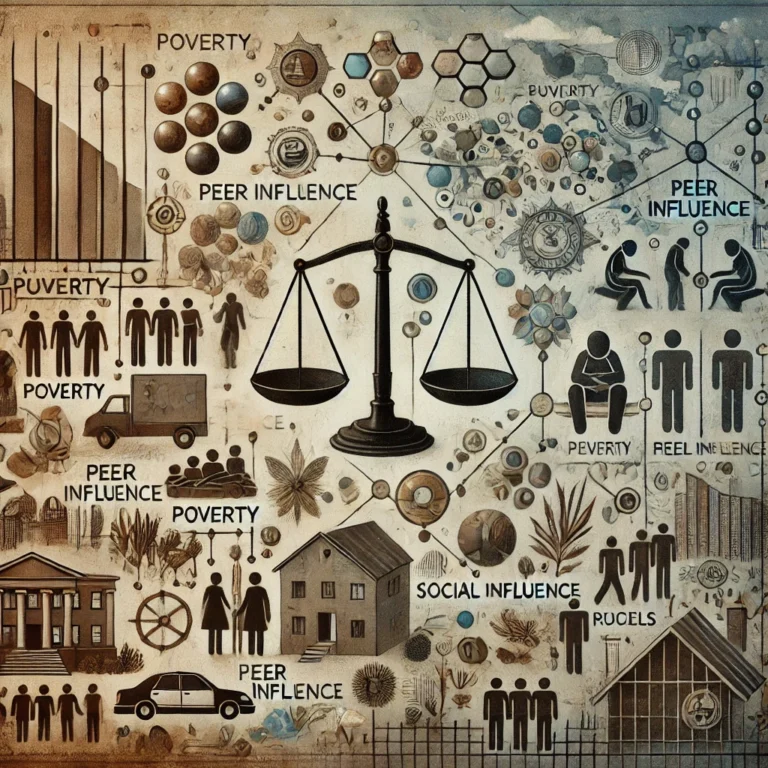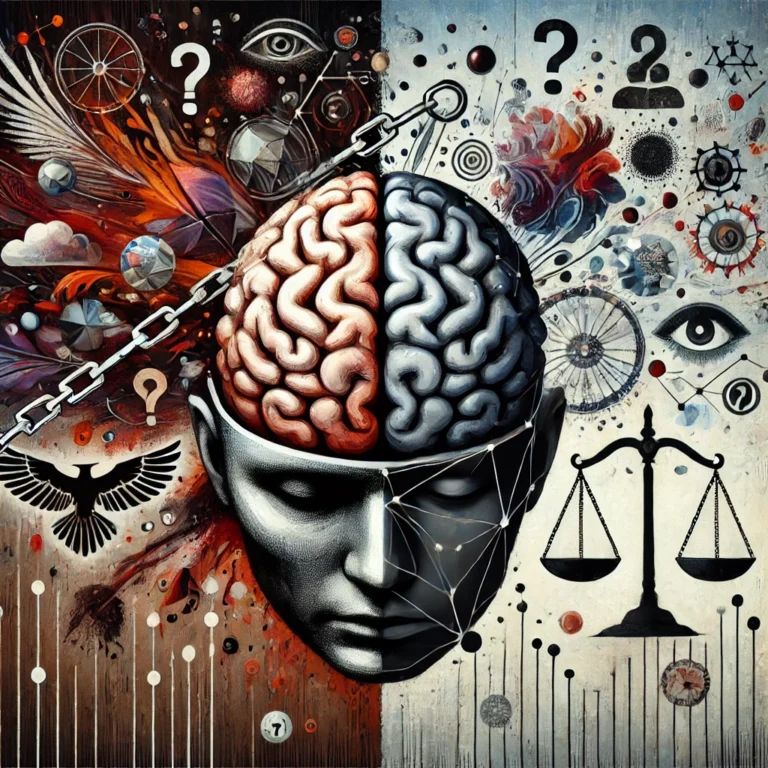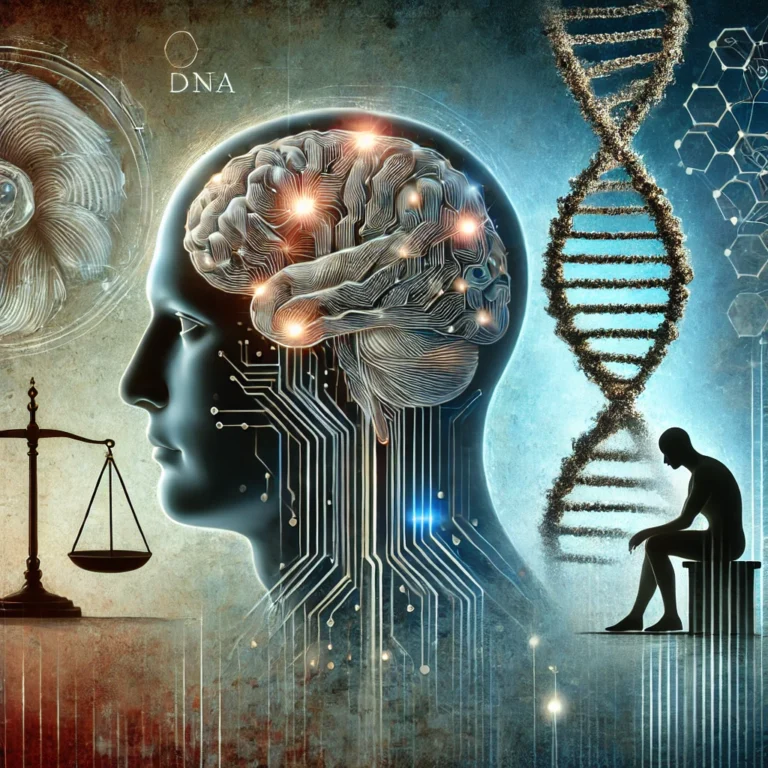External Factors in Criminology: Geographical and Social Influences
Criminology, the study of crime and criminal behavior, often examines various factors that influence criminal activities. Among these, external factors such as geographical and social conditions play a significant role in shaping crime patterns and tendencies. Understanding these external influences helps criminologists and law enforcement agencies design effective strategies to prevent and address crime. This…


